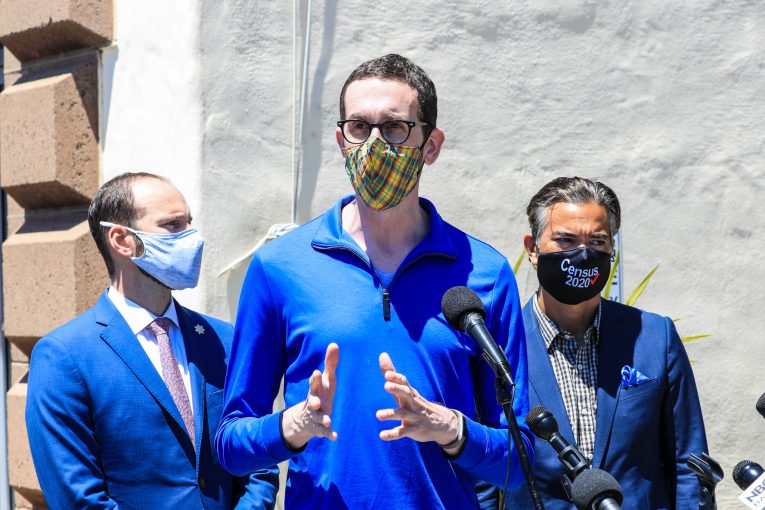

SB 467, the End Wrongful Convictions Act, ensures expert testimony used as admissible evidence in court has sound logic and methodology, and provides opportunity to challenge wrongful convictions
Special to the Vanguard
Sacramento, CA – A Bill that that would address critical causes of wrongful convictions passed the Assembly this week and is now headed to the Governor’s desk.
SB 467, the End Wrongful Convictions Act, authored by Senator Scott Wiener, amends the standards used for evaluating expert testimony and forensics in court post-conviction. Faulty forensic, medical, and scientific evidence, provided by expert witnesses, is the second most common reason that individuals are wrongfully convicted.
At present, according to Senator Wiener’s office, “courts have discretion over which expert testimony is admissible. Studies show that courts accept most forensic science and expert testimony without sufficient scrutiny, leaving significant room for imprecision and human error. This error leads to the high rate of wrongful  convictions. Expert testimony that fails to rely on sound logic should not be considered in court.”
convictions. Expert testimony that fails to rely on sound logic should not be considered in court.”
SB 467 clarifies that the definition of false testimony includes “opinions based on flawed scientific research or outdated technology that is now unreliable or moot, and opinions about which a significant dispute has emerged regarding its validity. SB 467 also clarifies that expert opinions that fail to use valid methodology, research, peer-reviewed studies, or scientifically sound data do not satisfy the requirements for admissible testimony.”
This legislation additionally, “strengthens the grounds on which people can seek post-conviction relief if they have been wrongfully convicted based on unreliable expert testimony. This provision will help exonerate innocent people across California.”
For example, recent studies from the National Academy of Science (NAS) and cognitive neuroscientist Dr. Itiel Dror have proven that fingerprint analysis, often part of expert witness testimony, is highly unreliable and subject to cognitive bias.
The NAS also looked at what is known as the “CSI effect,” where jurors tend towards “unrealistic and preconceived notions about the availability and precision of forensic evidence in criminal trials” based on portrayals of expert witnesses in popular culture.
SB 467 is part of a larger slate of the California Innocence Coalition’s reform bills.
Previously, Senator Wiener authored SB 923, which ensures that law enforcement use evidence-based procedures when obtaining eyewitness identification. Eyewitness misidentification is a leading contributor to wrongful convictions proven with DNA evidence. Before SB 923 was signed into law, California had no statewide best practices for eyewitness identification and there were no evidence-based standards in place.
SB 467 is sponsored by the California Innocence Coalition, which includes the Northern California Innocence Project, Loyola Project for the Innocent and the California Innocence Project.
“The ‘CSI effect’ is real: expert witnesses, due to portrayals in popular culture, have an outsized impact on jurors,” said Senator Wiener. “It’s crucial that we set stronger standards for expert witness testimony. Convicting people on the basis of faulty expert witness testimony or outdated science is a severe miscarriage of justice. Innocent people should never be incarcerated – ever. SB 467 will help ensure that expert witness testimony and science used in the courtroom are held to higher standards.”
